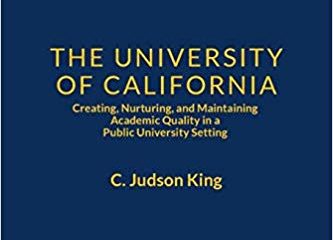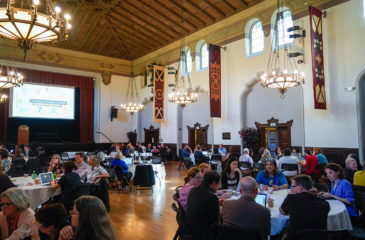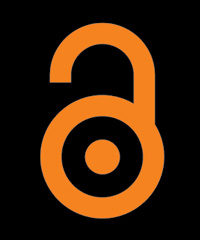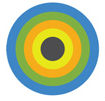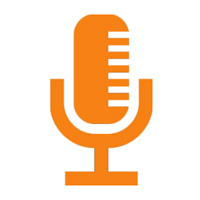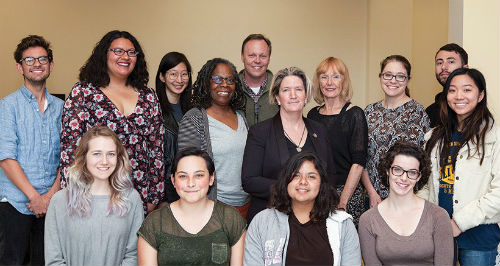UC OSC Blog
-
Interview with Jud King: an author’s perspective on the rewards and challenges of open access book publishing
Jud King is Provost and Senior Vice President, Emeritus of UC, as well as former Provost – Professional Schools and Colleges, Dean of the College of Chemistry, Director of the Center for Studies in Higher Education, and Professor Emeritus of Chemical and Biomolecular Engineering at Berkeley. He has recently written a book¹ on the entire University of California, exploring “the structural, policy, operational, and environmental matters that have contributed to [its] success…” Published by the Berkeley campus Center for Studies in Higher Education in January, 2018, the book is both open-access and, essentially, self-published. We asked Jud to reflect on […]
-
CP2OA: Participants from across North America converge to move the needle on open access
This article was written by Berkeley Library Communications and originally appeared on Berkeley Library News. Can we move more quickly toward an open access publishing world in which all scholarly literature is free to read? While this may seem like a daunting objective, 125 representatives of libraries, consortia, and author communities throughout North America came together this week for a two-day working forum to develop action plans for how they might reach this goal.
-
UC campuses celebrate Open Access Week 2018
This year, international Open Access Week is October 22-28. The theme, “Designing Equitable Foundations for Open Knowledge,” was chosen to reflect a scholarly system in transition, according to Nick Shockey, Director of Programs & Engagement at SPARC. “While governments, funders, universities, publishers, and scholars are increasingly adopting open policies and practices, how these are actually implemented is still in flux. As open becomes the default, all stakeholders must be intentional about designing these new, open systems to ensure that they are inclusive, equitable, and truly serve the needs of a diverse global community.” The University of California Libraries have planned […]
-
A scalable solution to a sizable problem: UCP, CDL & Coko’s journey toward Editoria
Despite the emergence, over the past few decades, of elaborate and powerful new forms of digital communication, the scholarly publishing industry is still struggling to fully realize the benefits of digital workflows. With growing demands for increased speed to publication and cost savings, publishers continue to face challenges imposed by outmoded and unwieldy systems designed for print-centric workflow. No place is this more evident than in the realm of book production. In an effort to address these challenges, University of California Press and California Digital Library have partnered with the Coko Foundation, supported by funding from the Mellon Foundation, to […]
-
Pathways to Open Access: Choices and Opportunities
A Call to Action On June 21, the University of California’s Systemwide Library and Scholarly Information Advisory Committee (SLASIAC) issued a Call to Action here on this blog in which they announced their intent to embark on a new phase of activity in journal negotiations focused on open access (OA) to research. The Call to Action appeared alongside discussion of another recently-released University of California document, the Declaration of Rights and Principles to Transform Scholarly Communication, put forth by our system-wide faculty senate library committee (UCOLASC) and intended to guide our libraries toward OA when negotiating with publishers. There are […]
-
Open Mic: L2 Journal editors on the rapidly growing field of applied linguistics, the challenges of transhumanism, and the power of open access
Open Mic is a new, informal interview series with editors of open access journals, offering insider perspectives on publishing culture across disciplines and fields. In this Open Mic interview with UC Berkeley’s L2 Journal of applied linguistics, we spoke with founder, General Editor, and Professor of German Claire Kramsch; Managing Editor and French Department PhD student Emily Linares; and Mark Kaiser, Associate Director of the Berkeley Language Center, which sponsors the journal, and creator of the BLC Library of Foreign Language Film Clips. (The original sponsor of L2 Journal was the UC Consortium for Language Learning & Teaching.) To start […]
-
Championing Change in Journal Negotiations
Over the past year, the University of California’s Systemwide Library and Scholarly Information Advisory Committee (SLASIAC), in partnership with our university libraries and the systemwide academic senate’s Committee on Library and Scholarly Communication (UCOLASC), has been considering the twin challenges of journal affordability and the moral imperative of achieving a truly open scholarly communication system. Making the research produced at the University of California open to the world has long been an important goal at UC, as evidenced by the strong Open Access policies enacted at the campus and systemwide level, our many initiatives to create open access publishing options for […]
-
Research Impact & Scholarly Profiles
This post on Research Impact & Scholarly Profiles was created by UC Berkeley Library Scholarly Communications Services, and is available under a Creative Commons Attribution-Noncommercial 4.0 License. It has been modified for inclusion on the UC OSC site by removing references to Berkeley-specific resources. Why are we talking about impact? Among other things, awareness of your scholarly impact can help you: Measuring Your Impact Measuring impact is not a perfect science, and there are many who argue against its implications altogether. Here, we just want to present information about the statistical measures that exist so that you can make informed decisions about […]
-
Arnhold-Punctum Publishing Lab at UCSB Library: A Case Study in Library-Publisher Collaboration
I think we are dealing with massive uncertainty in almost every sphere at this point…Effective collaborations are going to be especially important now. Clifford Lynch, Coalition for Networked Information December 2017 Member Meeting At the Arnhold-Punctum Publishing Lab at UCSB Library, undergraduate students are doing the work of publishing scholarly monographs. The unusual cohort of academics responsible for the launch and success of this Lab believes that the future of scholarly publishing is a collaborative, community-based, mission-driven, and service-oriented endeavor that engages teams with a range of skills, knowledge, expertise, and resources. But, before I get too far ahead of […]
-
Proposed Presidential Policy on Open Access for Theses and Dissertations
[Editor’s note: this post is kept as an archive, but since the policy is no longer under review, some of the links go to pages that do not exist. For current UC policies, visit policy.ucop.edu.] A proposed new presidential policy on open access theses and dissertations is open for systemwide review until February 28, 2018. All members of the UC community are invited to comment on the draft policy. Visit the UC Academic Affairs website to read the draft policy, a cover letter with instructions on where to send comments, and a set of Frequently Asked Questions. The draft policy […]
